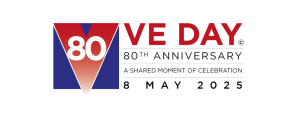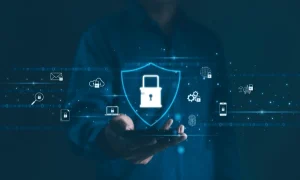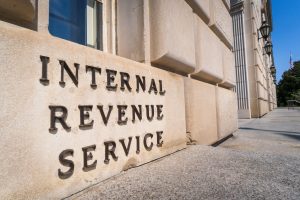The UK Government's Digital Economy Bill, which is set to revamp current copyright legislation and was introduced in Parliament last week and now clear of its First Reading, has been welcomed by the Federation Against Software Theft.
Julian Heathcote Hobbins, General Counsel, FAST, stated: “One of the most important changes outlined in this Bill from the perspective of the software sector is the increased maximum sentences for online copyright infringement. The draft of the Digital Economy Bill published extends the current prison term from two to ten years. The relevant part amends the Copyright, Designs and Patents Act 1988, and simply replaces the word two with ten.”
In its submission in the Consultation phase FAST stated: “We support effective and dissuasive sanctions including against the commercial copyright pirate who “infringe the rights of copyright holders for large-scale financial gain”. However, it should be noted that FAST Industry members remain cautious on the use of the criminal law so that those who are vulnerable or who infringe unwittingly are not targeted. “
The Digital Economy Bill includes a range of measures in support the Government’s stated aim of driving the digital economy, including:
- empower consumers and provide better connectivity so that everyone has access to broadband wherever they live
- build a better infrastructure fit for the digital future
- enable better public services using digital technologies
- provide important protections for citizens from spam email and nuisance calls and protect children from online pornography
Parliamentary Under Secretary of State for BIS and Minister for Intellectual Property, Baroness Neville-Rolfe said: "The UK is rightly known worldwide as home to some of the world’s most innovative and creative businesses, many for whom IP is key to their success. These measures strengthen the IP framework, ensuring the UK remains a great place to innovate and do business.”
Heathcote Hobbins added: “While the Bill aims to strengthen the UK copyright framework and bring criminal penalties for online and physical copyright infringement into line with the traditional copyright regime it is important to stress that this does not intend to criminalise people who are downloading content.”
“Criminal infringement only applies to making the material available to others. However, copyright owners can take civil legal action against individuals who download infringing material and they could be liable for substantial costs.”
FAST has been lobbying on behalf of copyright holders for this update for a long time. It is the industry’s contention that harsher penalties are needed to deter people from committing large-scale copyright infringement, and we are delighted the Government agrees with.
About The Federation Against Software Theft
IP underpins the investment made in software products enabling use of these products through a licensing regime in the UK and internationally. A stable, assured and certain IP anchor ensures obtaining the finance to enable investment in the software development lifecycle.
FAST aims to reduce, restrict and or lessen the incidence of unauthorised dealings in computer software. It works with its members, law enforcement communities (trading standards officers and local police forces), to detect and combat the sale of infringing software and it also helps organisations regularise their software estates when reports of possible misuse or under-licensing have been received about them.
(Source: fast.org.uk)


















